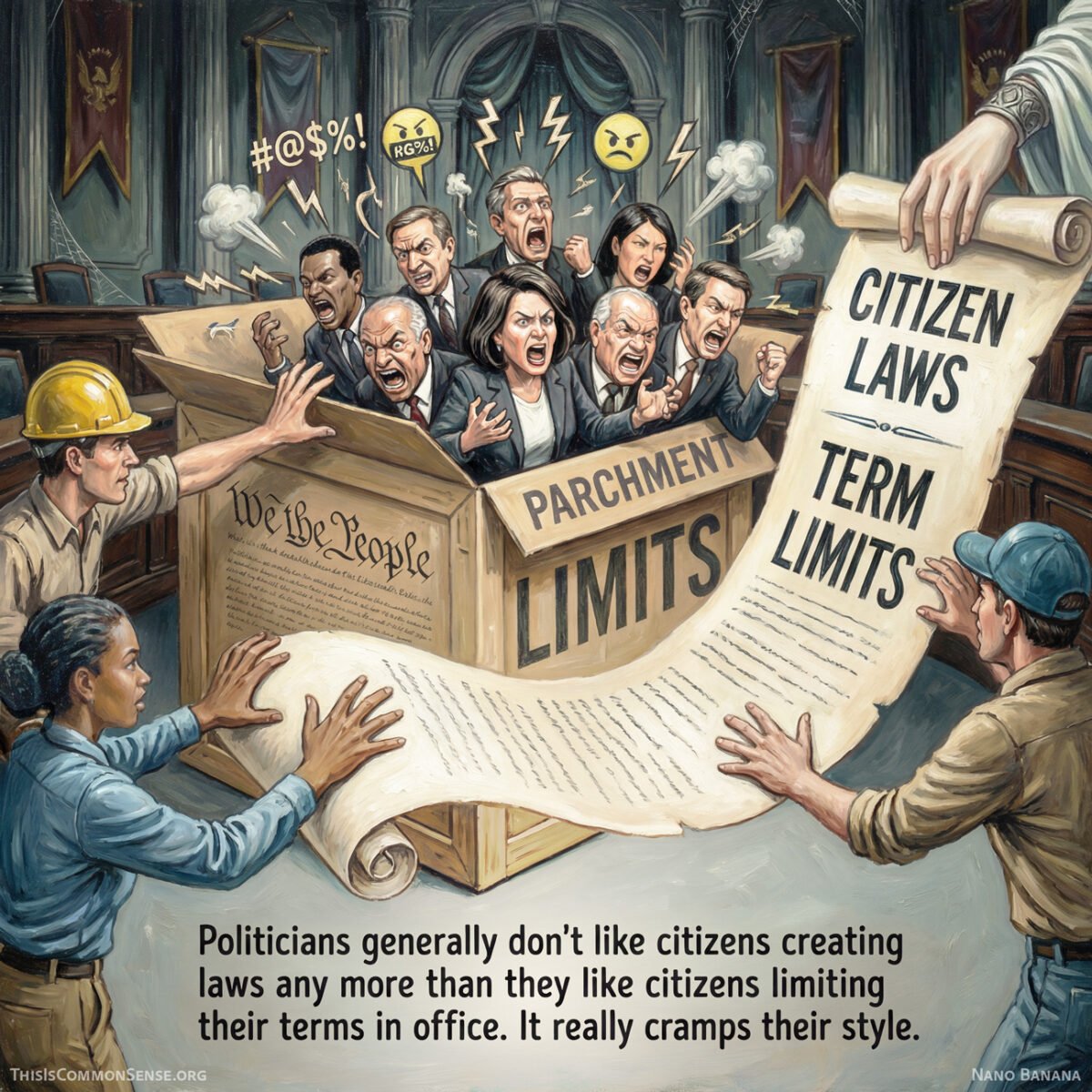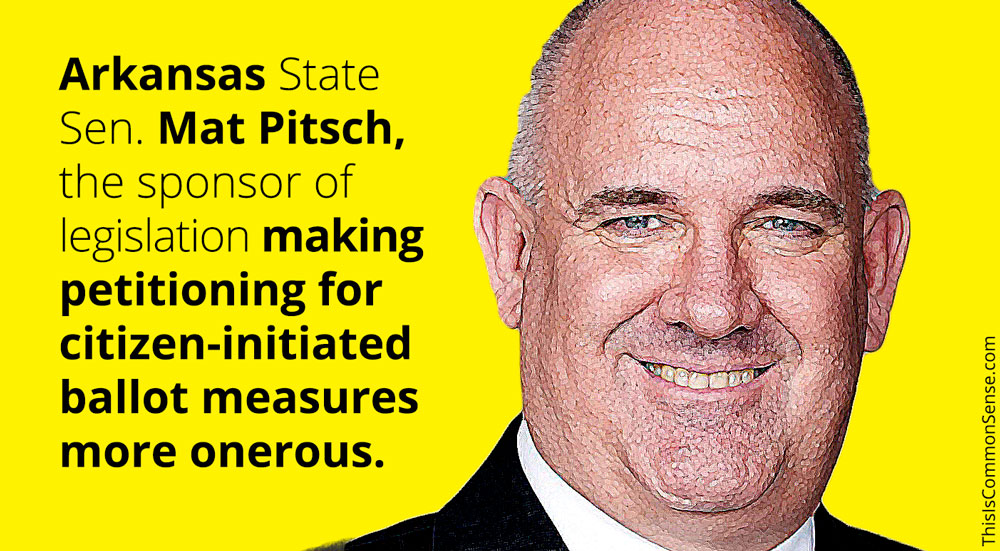“Almost nothing is more sacred for the voters,” says Sam Reed, former Secretary of State in Washington State, “than their right to petition to change laws or to refer laws to the voters.”
He reminded members of the Senate State Government and Elections Committee that “the initiative process is utilized by progressives, conservatives, and nonpartisan individuals.… For over 100 years, the initiative process has served our citizens well and any changes made to it must be justified.”
Reed argues that the changes in Senate Bill 5973 (as well as in House Bills HB 2599 and 2260) are in no way justified.
“The stated reason for this bill is to stop fraudulent or forged signatures from being counted. But that’s already being done. Besides substantial penalties deterring such actions, the Secretary of State is extremely diligent and reviews every petition sheet and every signature and any that are even remotely questionable are set aside and never counted.” This means that “all of SB 5973’s requirements will substantially burden the Secretary of State’s already overworked staff and the citizen signature gathering process without any added benefit.”
The bills add more requirements that end up being more burdensome on an already high-hurdled petitioning process.
“All aspects of the proposed bill (SB 5973 / HB 2599) impose severe restrictions, limitations, and onerous requirements on circulators and ballot measure campaigns,” adds attorney Nicholas Power, pointing out that the bill’s intent section “admits there hasn’t been any fraud for 12+ years.”
What’s really going on with these bills?
Politicians generally don’t like citizens creating laws any more than they like citizens limiting their terms in office. It really cramps their style.
So, they want to kill the initiative. Instead, let’s keep cramping their murderous style.
This is Common Sense. I’m Paul Jacob.
Illustration created with Nano Banana
See all recent commentary
(simplified and organized)
See recent popular posts














